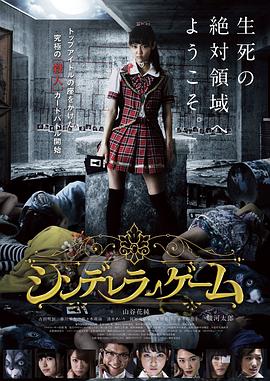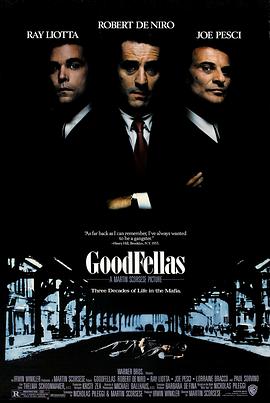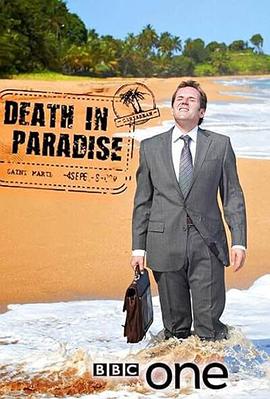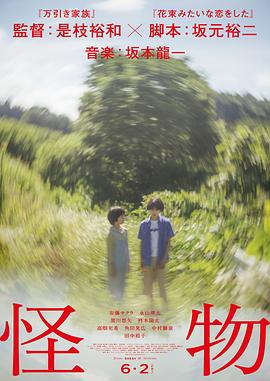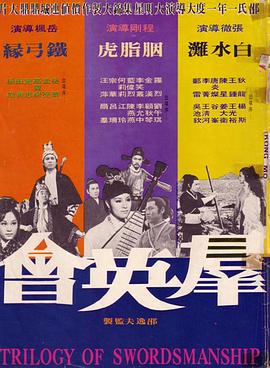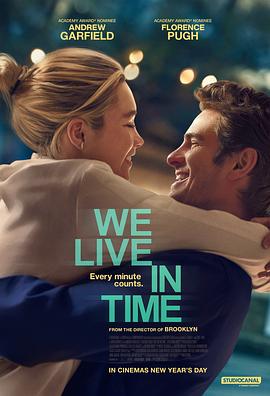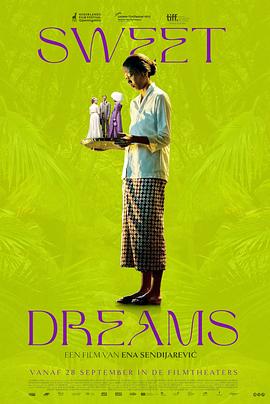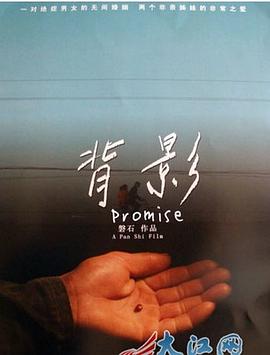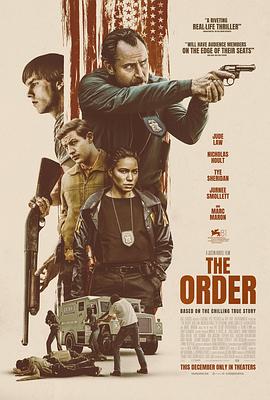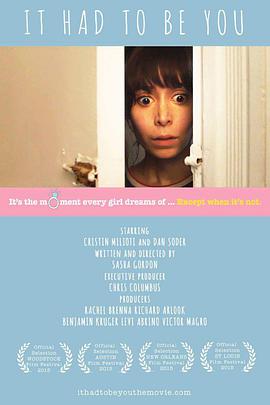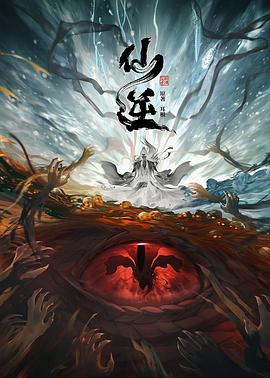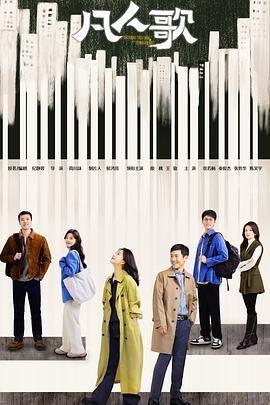- 正在播放《欧洲的某个地方》HD中字 - BFZY
- 提醒不要轻易相信视频中的任何广告,谨防上当受骗
- 技巧如遇视频无法播放或加载速度慢,可尝试切换播放节点或者切换解析
- 收藏瑾钰视频-免费影视网址:瑾钰.cn / 瑾钰.cn ,记得收藏哟~
剧情:
Somewhere in the remote region, the war ends. In the midst of ruined cities and houses in the streets, in rural hamlets, everywhere where people still live, are children who have lost their homes and parents. Abandoned, hungry, and in rags, defenseless and humiliated, they wander through the world. Hunger drives them. Little streams of orphans merge into a river which rushes forward and submerges everything in its path. The children do not know any feeling; they know only the world of their enemies. They fight, steal, struggle for a mouthful of food, and violence is merely a means to get it. A gang led by Cahoun finds a refuge in an abandoned castle and encounters an old composer who has voluntarily retired into solitude from a world of hatred, treason, and crime. How can they find a common ground, how can they become mutual friends? The castle becomes their hiding place but possibly it will also be their first home which they may organize and must defend. But even for this, the price will be very high. To this simple story, the journalist, writer, poet, scriptwriter, movie director, and film theoretician Béla Balázs applied many years of experience. He and the director Géza Radványi created a work which opened a new postwar chapter in Hungarian film. Surprisingly, this film has not lost any of its impact over the years, especially on a profound philosophical level. That is to say, it is not merely a movie about war; it is not important in what location and in what period of time it takes place. It is a story outside of time about the joyless fate of children who pay dearly for the cruel war games of adults. At the time it was premiered, the movie was enthusiastically received by the critics. The main roles were taken by streetwise boys of a children's group who created their roles improvisationally in close contact with a few professional actors, and in the children's acting their own fresh experience of war's turmoil appears to be reflected. At the same time, their performance fits admirably into the mosaic of a very complex movie language. Balázs's influence revealed itself, above all, in the introductory sequences: an air raid on an amusement park, seen in a montage of dramatic situations evoking the last spasms of war, where, undoubtedly, we discern the influence of classical Soviet cinematography. Shooting, the boy's escape, the locomotive's wheels, the shadows of soldiers with submachine guns, the sound of a whistle—the images are linked together in abrupt sequences in which varying shots and expressive sharp sounds are emphasized. A perfectly planned screenplay avoided all elements of sentimentality, time-worn stereotypes of wronged children, romanticism and cheap simplification. The authors succeeded in bridging the perilous dramatic abyss of the metamorphosis of a children's community. Their telling of the story (the scene of pillaging, the assault on the castle, etc) independently introduced some neorealist elements which, at that time, were being propagated in Italy by De Sica, Rossellini, and other film artists. The rebukes of contemporary critics, who called attention to "formalism for its own sake" have been forgotten. The masterly art of cameraman Barnabás Hegyi gives vitality to the poetic images. His angle shots of the children, his composition of scenes in the castle interior, are a living document of the times, and underline the atmosphere and the characters of the protagonists. The success of the picture was also enhanced by the musical art of composer Dénes Buday who, in tense situations, inserted the theme of the Marseilaise into the movie's structure, as a motive of community unification, as an expression of friendship and the possibility of understanding. Valahol Europaban is the first significant postwar Hungarian film. It originated in a relaxed atmosphere, replete with joy and euphoria, and it includes these elements in order to demonstrate the strength of humanism, tolerance, and friendship. It represents a general condemnation of war anywhere in the world, in any form.
收起
【HD中字】
官网同步更新,若有延迟请稍作休息再看看
官网同步更新,若有延迟请稍作休息再看看
【HD中字】
官网同步更新,若有延迟请稍作休息再看看
官网同步更新,若有延迟请稍作休息再看看
相关影片
2016
电影
日本
更新至第18集
1990
电影
美国
已完结
2023
电影
日本
全11集
2024
电影
中国大陆
TC
1972
电影
香港
更新至20241224期
2024
电影
英国
安德鲁·加菲尔德 弗洛伦丝·皮尤 亚当·詹姆斯 伊芙·海因德 玛拉马·科利特 格蕾丝·莫洛尼 吉安尼·卡尔切蒂 希瑟·克兰妮 尼基尔·帕尔玛 Laura Guest Kevin Brewer Gabriel Robinson Daniel Bowerbank Roe Haven Megan Haly Emilija Senavaityte Robert Eames Lee Braithwaite Kara Lynch Karen Smyth
阿尔穆特(弗洛伦斯·普)和托比亚斯(安德鲁·加菲尔德)在一次意外邂逅中走到一起,改变了他们的生活。 在影片导演约翰·克劳利这部跨越十年、感人至深的浪漫爱情片中,当他们踏上一条受时间限制挑战的道路时
HD
2024
电影
中国大陆
HD
2023
电影
其它
HD
2009
电影
台湾
HD
2019
电影
大陆
更新至20241224
2024
电影
中国大陆
HD
2011
电影
大陆
更新至20241224
2018
电影
大陆
全74集
2024
电影
美国
裘德·洛 尼古拉斯·霍尔特 泰伊·谢里丹 朱尼·斯莫利特 马克·马龙 乔治·乔尔托夫 叶·丹尼尔 丹尼尔·多尼 塞巴斯蒂安·皮戈特 约翰·沃肯廷 菲利普·莱维茨基 Vanessa Holmes Bryan J. McHale Rae Farrer Carter Morrison 奥黛莎·杨 Philip Granger Ryan Chandoul Wesley 摩根·霍姆斯特姆 布拉德利·斯泰克尔 艾莉森·奥利弗
故事设定在1983年,一系列日益暴力的银行抢劫、伪造假币和运钞车抢劫案让整个太平洋西北地区的社区陷入恐惧,百思不得其解的执法人员争先恐后地寻找答案。一名驻扎在爱达荷州宁静、风景如画的小镇科达伦的联
HD
2015
电影
美国
Sonia is a neurotic jingle writer who's always dreamt of a big and exciting life. Surprised by a s
更新至20241223期
正在热播
更多更新至68集
2024
剧集
大陆
独家推荐
已完结
2024
剧集
大陆
独家推荐
37集全
2024
电影
大陆
独家推荐
HD
2024
剧集
大陆
独家推荐
37集全
2024
剧集
大陆
独家推荐
已完结

